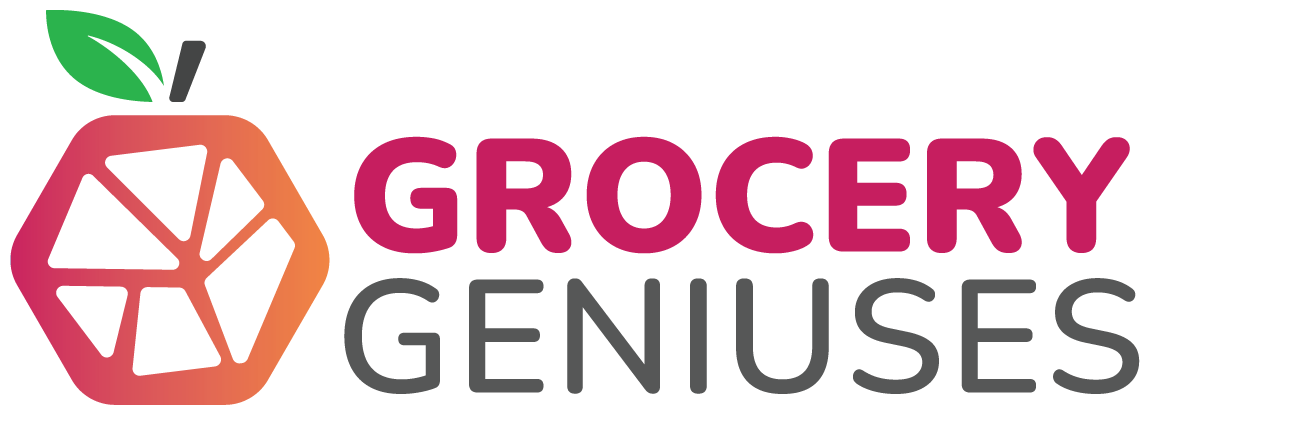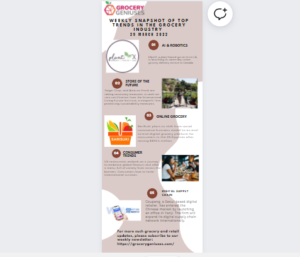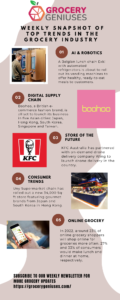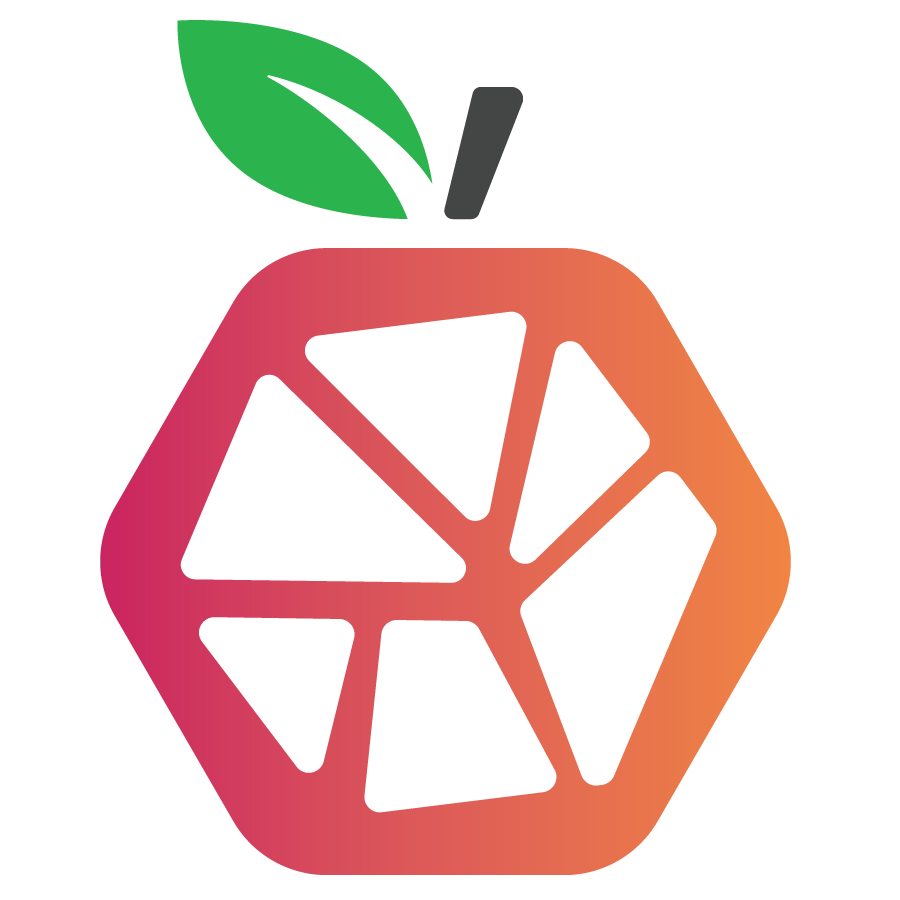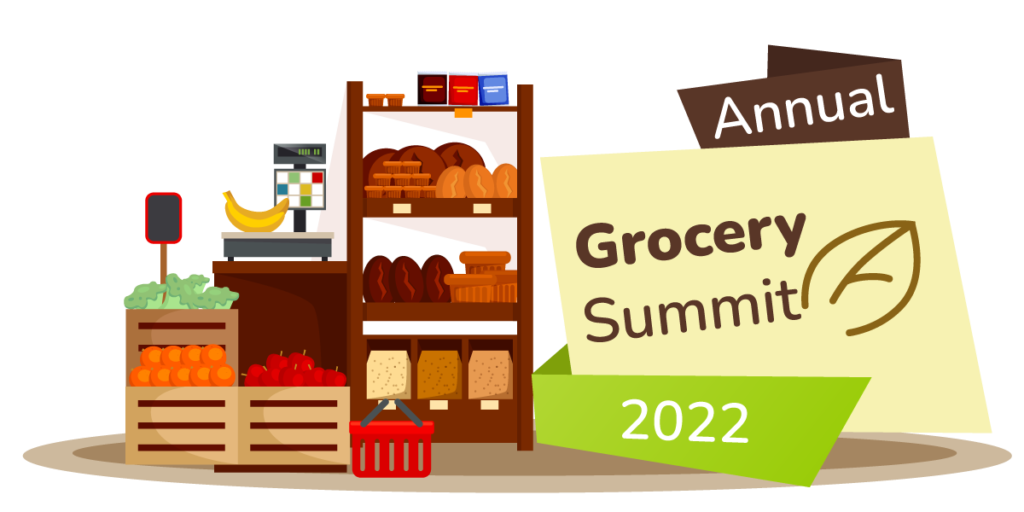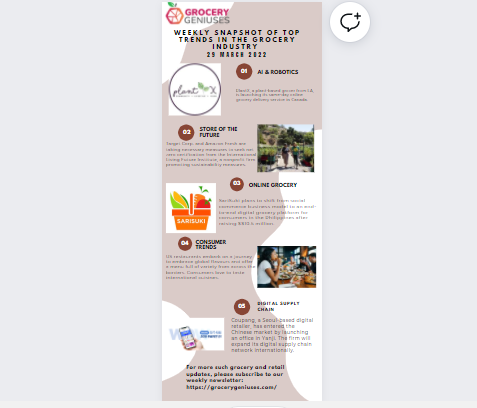
Weekly Snapshot of the Grocery Industry
This is the weekly snapshot of top trends from the Grocery industry in the past week (18th March-25th March). AI & Robotics: PlantX, a plant-based grocer from LA, is launching its same-day online grocery delivery service in Canada. Store of the Future: Target Corp. and Amazon Fresh are taking the necessary measures to seek net zero certification from the International Living Future Institute, a nonprofit firm promoting sustainability measures. Online Grocery: SariSuki plans to shift from a social commerce business model to an end-to-end digital grocery platform for consumers in the Philippines after raising $10.5 million. Consumer Trends: US restaurants embark on a journey to embrace global flavours and offer a menu full of variety from across the borders. Consumers love to taste international cuisines. Digital Supply Chain: Coupang, a Seoul-based digital retailer, has entered the Chinese market by launching an office in Yanji. The firm will expand its digital supply chain network internationally.
